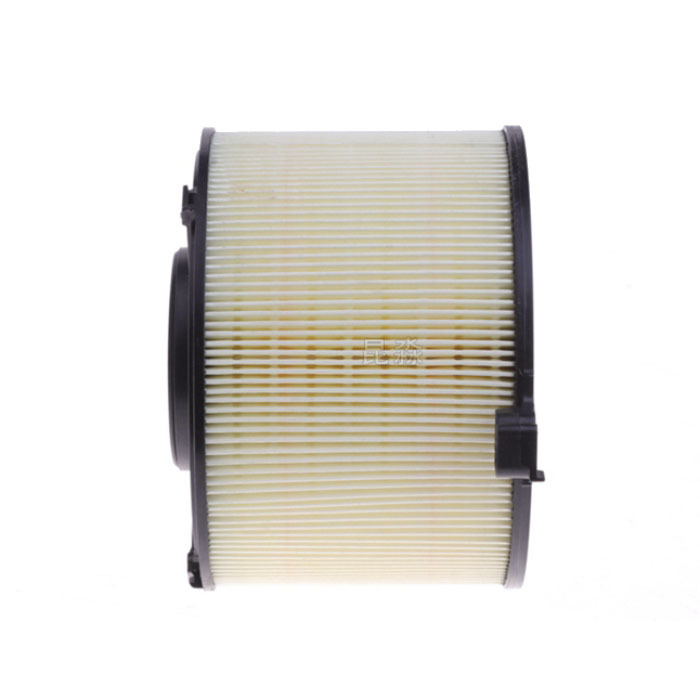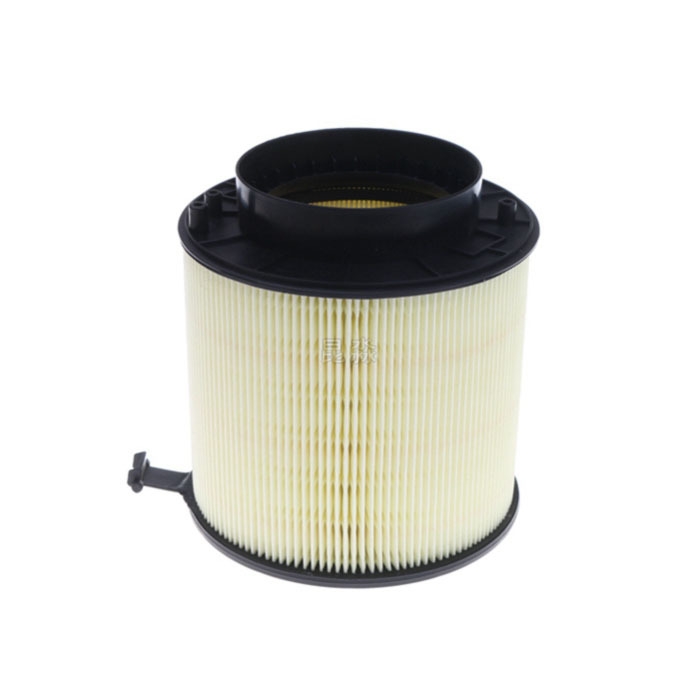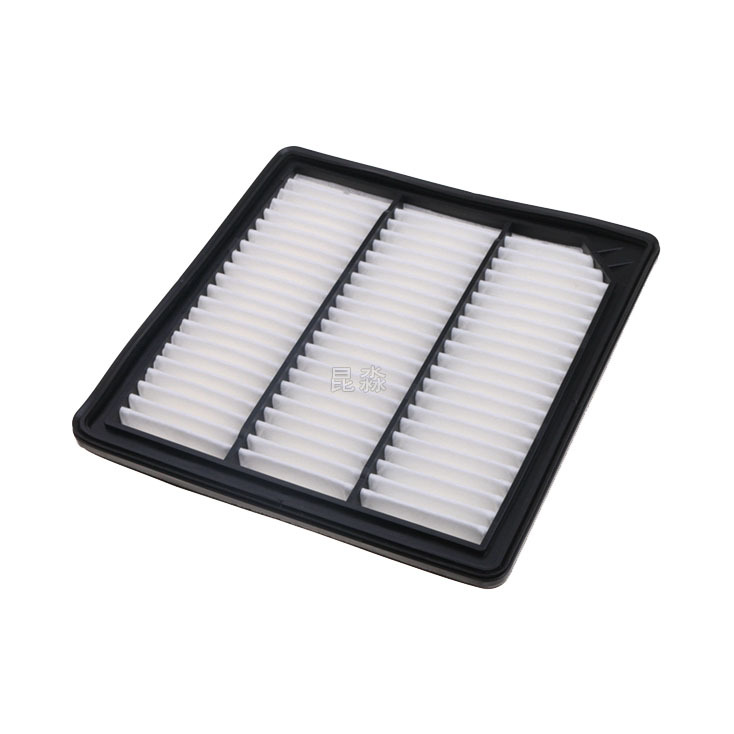Enhancing Efficiency: The Role of Performance Air Filters in Industrial Applications
Release Time:
Jan 25,2025
In industrial environments, maintaining the efficiency and longevity of equipment is paramount. One of the essential components that contribute to this goal is the performance air filter. These filters are designed to optimize air quality while ensuring that machinery operates at peak performance. Understanding the role of performance air filters can help industrial professionals make informed dec

In industrial environments, maintaining the efficiency and longevity of equipment is paramount. One of the essential components that contribute to this goal is the performance air filter. These filters are designed to optimize air quality while ensuring that machinery operates at peak performance. Understanding the role of performance air filters can help industrial professionals make informed decisions regarding their air filtration systems.
Performance air filters are engineered to capture a wide range of airborne contaminants, including dust, pollen, and other particulate matter. By effectively removing these impurities from the air, these filters help prevent premature wear and tear on machinery and improve overall operational efficiency. In many cases, using a high-quality performance air filter can extend the lifespan of equipment significantly, reducing the frequency and cost of repairs or replacements.
Moreover, performance air filters play a crucial role in maintaining air quality within industrial settings. Poor air quality can lead to hazardous working conditions and negatively affect employee health and productivity. By utilizing these specialized filters, businesses can ensure a safer and cleaner environment for their workforce, which can lead to enhanced morale and increased productivity.
One of the key advantages of performance air filters is their ability to reduce energy consumption. When machinery operates with clean air, it requires less energy to function efficiently. This not only leads to lower energy bills but also contributes to a more sustainable operational model. Industries are increasingly focusing on energy efficiency, and the adoption of performance air filters is a step in that direction.
Another important aspect to consider is the compatibility of performance air filters with existing systems. Industries often have specific filtration requirements based on the type of equipment and the nature of the materials being processed. Performance air filters come in various designs and specifications, allowing for tailored solutions that meet the unique needs of different applications. This flexibility ensures that businesses can find the right filter to optimize their air filtration systems without overhauling their existing setups.
In conclusion, performance air filters are a vital component in the industrial sector, providing numerous benefits that enhance equipment efficiency, improve air quality, and reduce operational costs. By investing in high-quality air filtration solutions, industries can not only protect their equipment but also create a safer and more productive work environment. As companies continue to prioritize efficiency and sustainability, the role of performance air filters will only become more critical in achieving these goals.
Performance air filters are engineered to capture a wide range of airborne contaminants, including dust, pollen, and other particulate matter. By effectively removing these impurities from the air, these filters help prevent premature wear and tear on machinery and improve overall operational efficiency. In many cases, using a high-quality performance air filter can extend the lifespan of equipment significantly, reducing the frequency and cost of repairs or replacements.
Moreover, performance air filters play a crucial role in maintaining air quality within industrial settings. Poor air quality can lead to hazardous working conditions and negatively affect employee health and productivity. By utilizing these specialized filters, businesses can ensure a safer and cleaner environment for their workforce, which can lead to enhanced morale and increased productivity.
One of the key advantages of performance air filters is their ability to reduce energy consumption. When machinery operates with clean air, it requires less energy to function efficiently. This not only leads to lower energy bills but also contributes to a more sustainable operational model. Industries are increasingly focusing on energy efficiency, and the adoption of performance air filters is a step in that direction.
Another important aspect to consider is the compatibility of performance air filters with existing systems. Industries often have specific filtration requirements based on the type of equipment and the nature of the materials being processed. Performance air filters come in various designs and specifications, allowing for tailored solutions that meet the unique needs of different applications. This flexibility ensures that businesses can find the right filter to optimize their air filtration systems without overhauling their existing setups.
In conclusion, performance air filters are a vital component in the industrial sector, providing numerous benefits that enhance equipment efficiency, improve air quality, and reduce operational costs. By investing in high-quality air filtration solutions, industries can not only protect their equipment but also create a safer and more productive work environment. As companies continue to prioritize efficiency and sustainability, the role of performance air filters will only become more critical in achieving these goals.
Keywords:
More information






